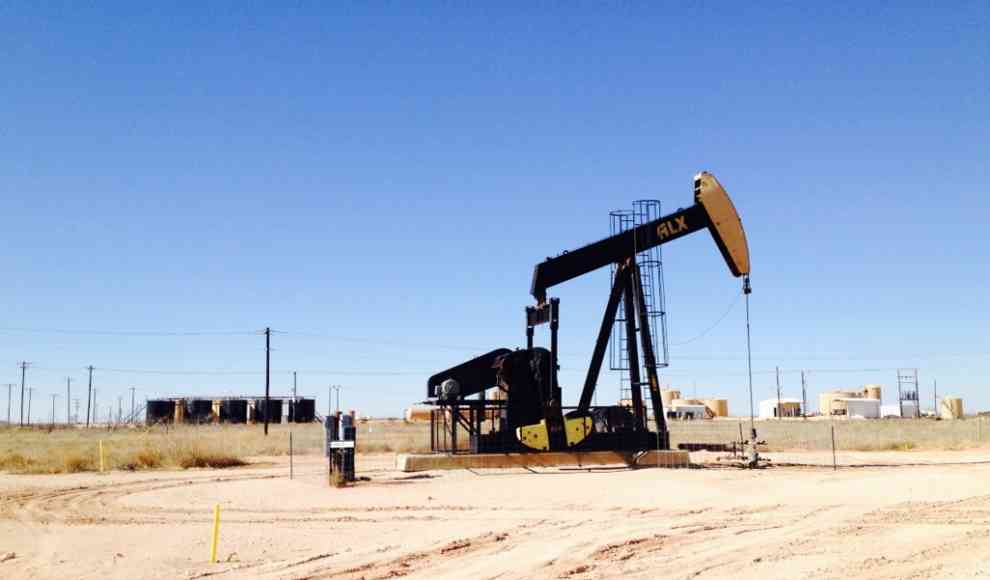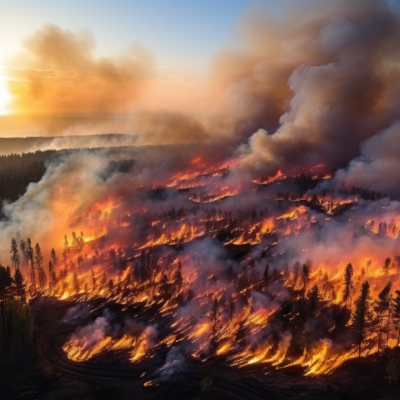Fracking Increases Radioactivity in the Environment, Poses Health Risks
Fracking, the process of extracting unconventional oil and gas reserves, has been a controversial practice due to its potential environmental and health impacts. A recent study by researchers at the Harvard T.H Chan School of Public Health in Boston has found that fracking significantly increases the levels of radioactive particles in the environment, which could lead to long-term health problems such as cancer. The study, published in the journal Nature Communications, analyzed data from 157 stations of the RadNet monitoring network to determine the impact of fracking on the particulate radioactivity in the air.
The researchers found that fracking releases radioactive elements such as Uranium-238 and Radium-226 into the air, water, and sediment near fracking sites. These elements can form ultrafine clusters that attach to airborne particles, which can then be inhaled and cause inflammation and potentially cancer. The study also found that the number of fracking pumps in an area has a direct impact on the level of particulate radioactivity in the air. The presence of 100 additional fracking pumps within 20 kilometers of a site was associated with an increase of 0.024 millibecquerel per cubic meter of air.
While the levels of radioactivity are relatively low, they could still pose a risk to the health of nearby residents. The study highlights the need for further research and regulation of fracking to minimize its potential environmental and health impacts.










